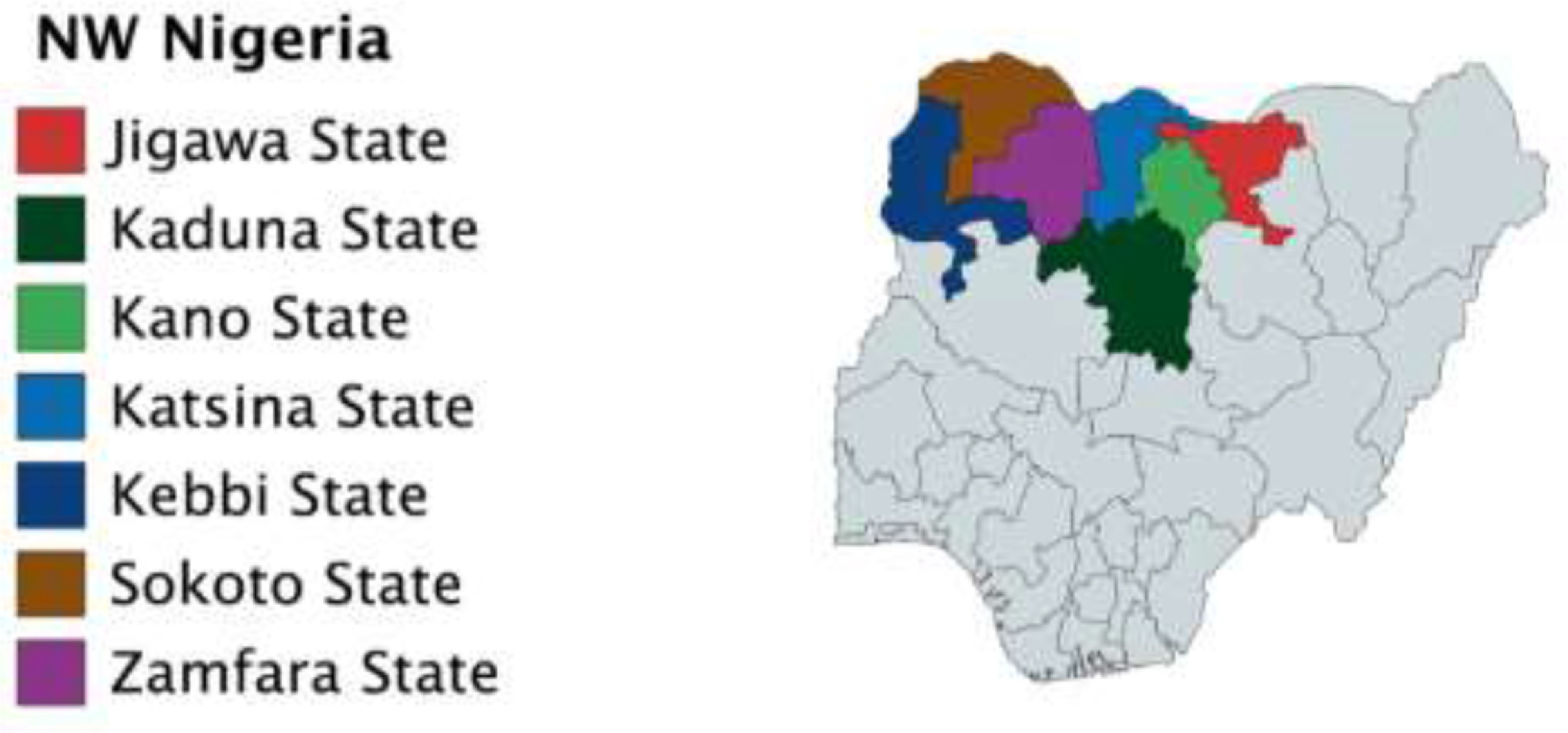With limited data available from Central Africa, the aim of this study was to evaluate the anti-SARS-CoV-2 Ab prevalence in indigenous residents of Bomassa, a village located in the Sangha region in the Republic of Congo.
The findings suggest SARS-CoV-2 has spread widely in this rural community, highlighting the need for strengthened COVID-19 prevention measures.
Nutritional therapy can reduce the burden of depression management in low income countries: A review
IBRO Neuroscience Reports, Volume 11, December 2021
Human Caspases and Neuronal Apoptosis in Neurodegenerative Diseases, 2022, Pages 69-151
Ethiopia has experienced rapid urbanization over the past three decades. Several cities expanded rapidly and many satellite towns sprung up around the major cities. The high rate of urbanization and urban growth resulted in high demand for urban land, mainly for industrial, commercial, and residential purposes. In order to meet the demand, an enormous amount of land has been made available for urban use, mainly through land conversion. However, we know very little about how efficiently cities use urban land.

